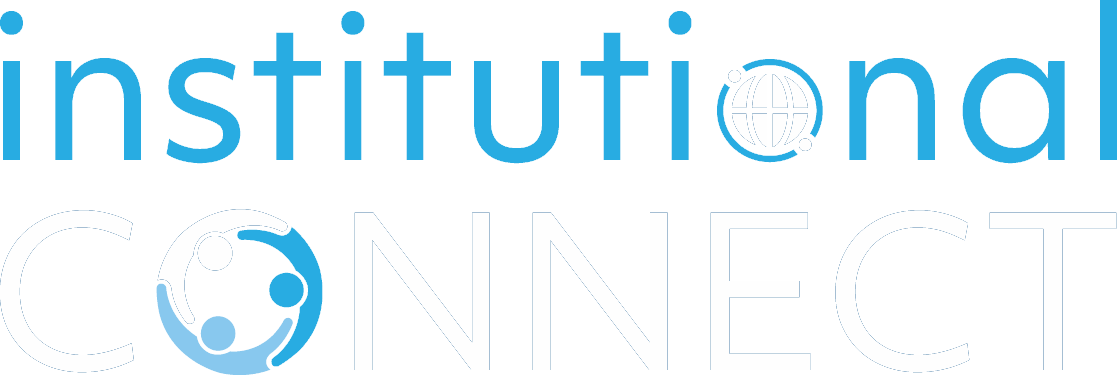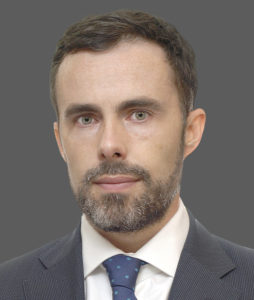Eoin Ó hÓgáin on Investing in China
Slower growth in China. China – U.S. decoupling. Threat of deglobalization. What’s the investment outlook of China for institutions? Eoin Ó hÓgáin, acting CEO/CIO of Power Corporation Investment Management, answers questions on this theme.
China’s growth has been slower in recent years before COVID-19. How is China recovering from the economic disruption brought by COVID-19 and what’s the overall outlook ahead?
China’s growth is no longer 10-15%. Its mid term outlook is closer to 5%. This is good news for equity investors. The old China growth model of capital investment in infrastructure and heavy industry is transitioning to a consumer and innovation driven growth model. China’s economy largely recovered from COVID towards the end of Q2 and it looks to be a minor issue for the rest of this year and going forward.
China and U.S. have accelerated their decoupling, most of recent case being the potential ban of Tiktok and WeChat in U.S. What would be the implications for investors that the two technology powerhouses go head to head?
For investors, the decoupling has two implications.
– On a stock specific basis we are seeing large upside in some of the Chinese software firms, with a displacement of Salesforce, SAP, Microsoft etc. thesis;
– From a portfolio standpoint, declining correlations between China and Western markets adds to the risk benefit of including a substantial China allocation in a global equity or EM portfolio.
What are the sectors in China that could potentially benefit from the implications brought by COVID-19?
COVID-19 is not the dominant factor in China’s markets that it has been recently in the west. However, we agree that the impact of lockdowns has been accelerating digitization of industries like food and grocery, financial services, healthcare. The main unambiguous beneficiaries are likely digital service provides and delivery / logistics firms.
Global supply chains have been fractured by the current crisis. What are the potential impacts of de-globalization to global economy and emerging markets?
Similar to decoupling, China will rely more on domestic suppliers in a range of industries, as will the west. Emerging market excluding China will be in between but we expect those economies will find it difficult to turn away from Chinese providers of high quality, keenly priced goods and services. Overall of course, deglobalization is bad for global growth.
What lessons, if any, have you taken away from this year’s market volatility towards allocating to China?
Volatility in China’s stock markets is a major driver of alpha for disciplined, patient investors. It is driven by retail investors (80% of the float) and not foreign investors (5%). Foreign investors have little impact on China’s A share market dynamics.
What advice do you have for institutional investors who are considering allocating to China and/or emerging markets?
China is too big to be shoehorned into “emerging markets”. By market cap it is about 60% of emerging markets and on its own has a larger stock capitalization than Europe does. It needs its own category. When allocating towards China, our main recommendation is to go active. For example, about 80% of our return of the past decade was from alpha rather than beta and we expect this to continue for another two decades. It takes time to structurally shift a market to the kind of institutionally led, professionally managed stock markets found in the West.
Eoin Ó hÓgáin, acting CEO/CIO of Power Corporation Investment Management, spoke at Institutional Connect Virtual Forum in October 2020

